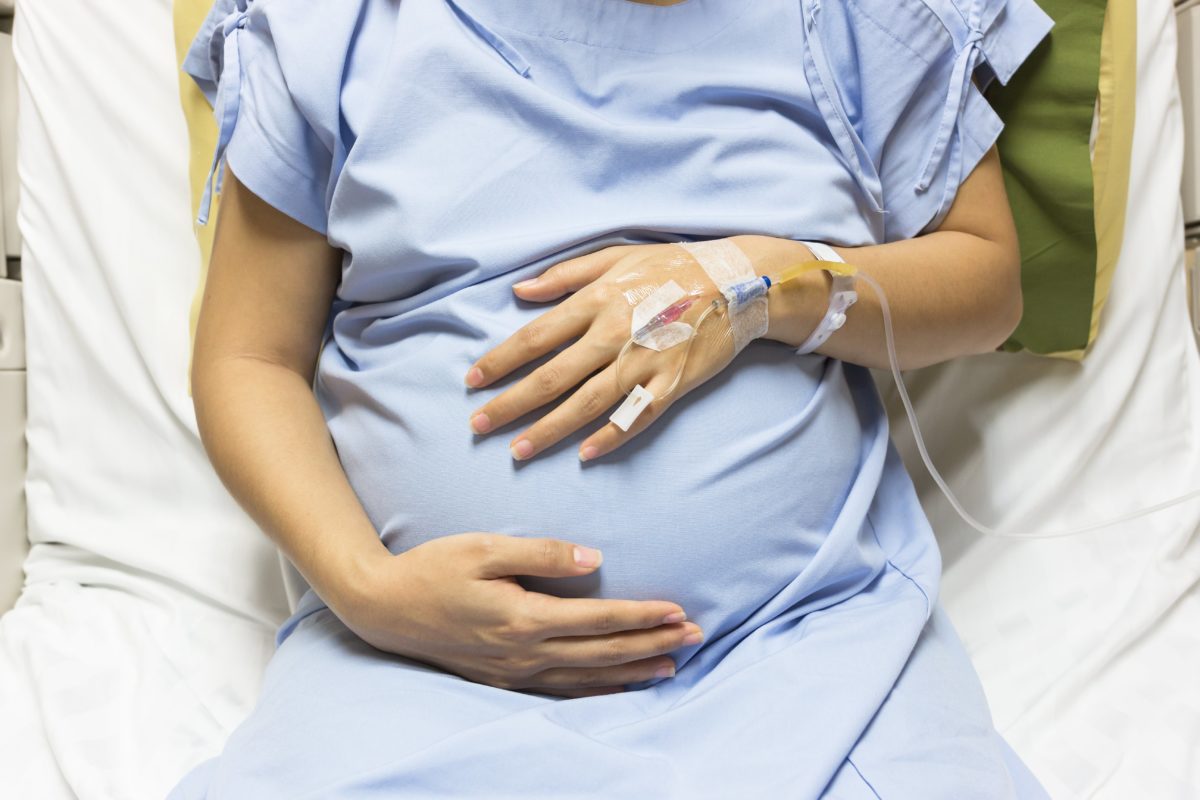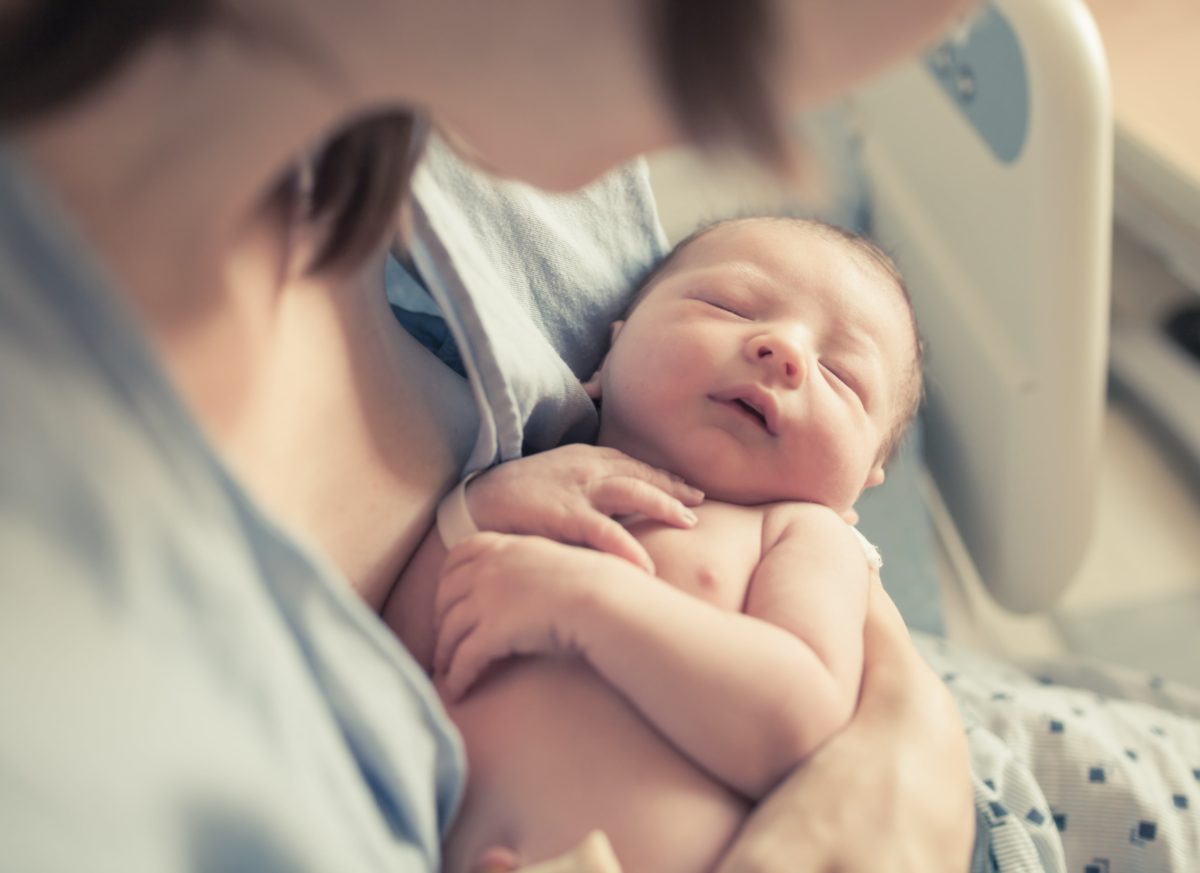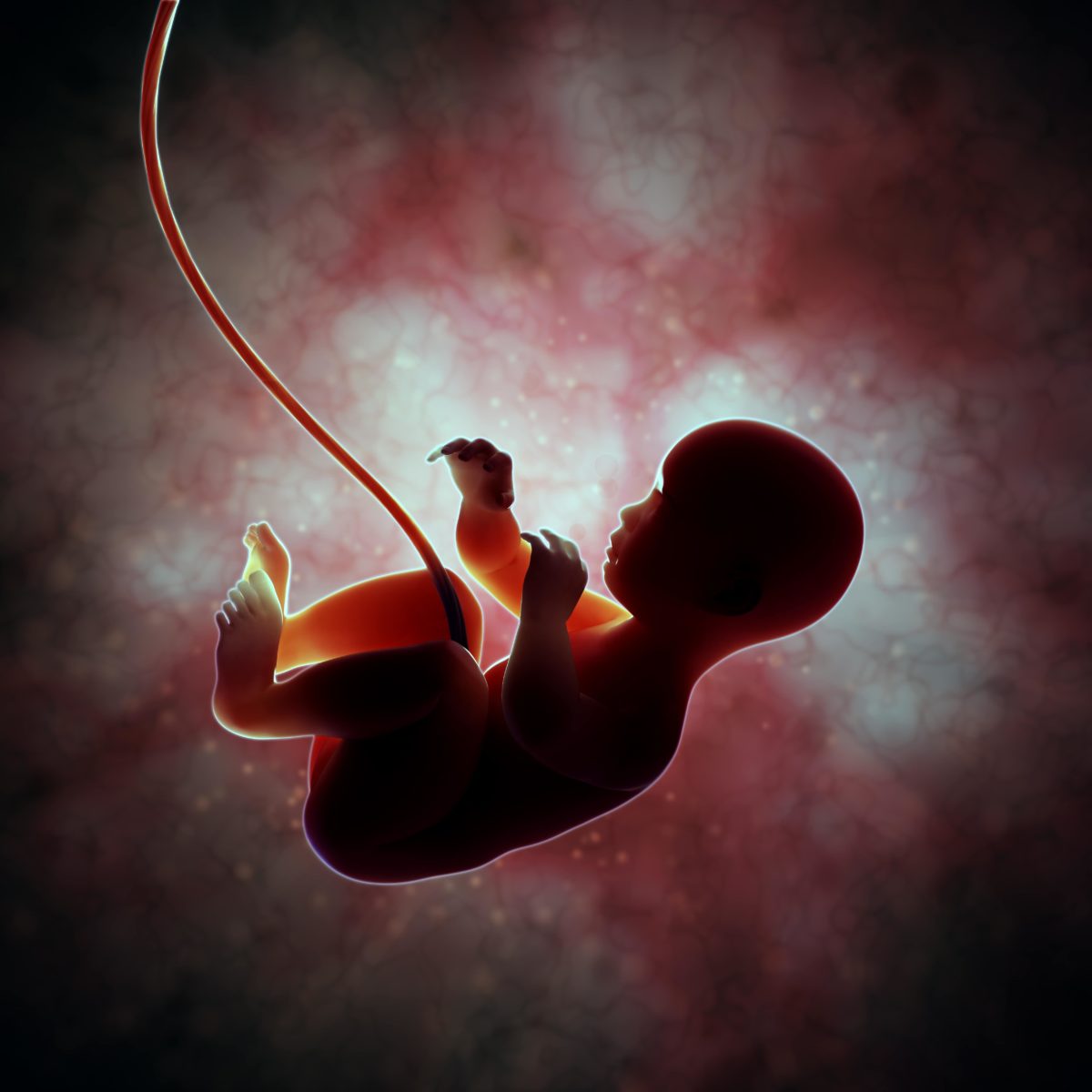Doctors believe a newborn baby who was born in Toronto contracted the coronavirus while in utero. Sadly, this is not the first case of coronavirus that was suspected to have been transmitted while the baby was in the womb.
The baby’s mother was a 40-year-old woman who as showing coronavirus symptoms when she arrived at the hospital. The case was then reported in the May 14 issue of the Canadian Medical Association Journal.

And while the mother’s name has not been published, the case stated she entered the hospital with coronavirus symptoms, including myalgia, decreased appetite, fatigue, dry cough, and a temperature of 102.2 degrees within the 24 hours before she went to the hospital.
While she did not need any respiratory support while in medical care, doctors did determine that she needed a “semi-urgent” C-section at 35 weeks.
Her doctors performed the surgery under regional anesthesia, with airborne, droplet, as well as contact precautions taken to lessen the changes of the virus being spread. Once the baby was delivered, the study stated how the amniotic fluid was “clear” and the baby was described as being “vigorous” after birth.

On the day the baby was born, doctors took a nasopharyngeal swab, the day after, as well as a week after the newborn was delivered. Unfortunately, the tests all revealed the same thing: “all three of the [baby’s] nasopharyngeal swabs were positive for SARS-CoV-2 gene targets via RT-PCR testing.”
Doctors additionally performed a neonatal plasma test four days after the baby was born – which was positive – as well as took a stool sample, which tested positive on day seven. Doctors were attempting to figure out how the newborn contracted the virus.
In other, similar cases, it has been difficult for doctors to find exactly where and when the virus was transmitted while in utero. Contact with the mother during a vaginal birth, being held by the mother after birth as well as breastfeeding are all potential ways the virus could be spread — doctors have been having trouble making any definitive findings.

But in this circumstance, there were multiple factors that contributed to the mother’s state. The first being the mother had reduced immune system function. In addition, they also tested her placenta which revealed tissue inflammation “consistent with primary viral infection.”
In addition, the baby was born via a C-section — leading doctors to “suspect the possibility of a transamniotic route of [coronavirus] infection via the placenta,” the study noted.
Associate chairman of gynecology at Staten Island University Hospital in New York City, Dr. Adi Davidov, told WebMD that in his opinion, this case “clearly shows that there is a small possibility that COVID can be transmitted in utero.”

RELATED: Hero Educator Cares For Student’s Newborn Brother After Entire Family Contracts COVID-19
Davidov added that while most people believe that COVID-19 is a respiratory virus, “it can occasionally be found in other areas of the body.” Those other areas include the uterus and the placenta but Davidov says this type of transmission is rare.
“Given that we have now delivered hundreds of mothers infected with the SARS-CoV-2 and we have not seen this phenomenon, it is pretty safe to assume that this is a rare phenomenon,” he noted. “Nonetheless, it is important for clinicians to be aware of this situation and to screen all newborns for COVID-19.”
Four days after he was born, the baby was discharged from the hospital. The baby’s mother took him for a routine screening just three days later and the baby did not have a fever, cough or feeding difficulties. And thirty days later, doctors called to follow up with the family and the mother reported the baby was “thriving.”
Mamas Uncut is THE online place for moms. We cover the latest about motherhood, parenting, and entertainment as well – all with a mom-focused twist. So if you're looking for parenting advice from real parents, we have plenty of it, all for moms from moms, and also experts. Because, at the end of the day, our mission is focused solely on empowering moms and moms-to-be with the knowledge and answers they’re looking for in one safe space.
